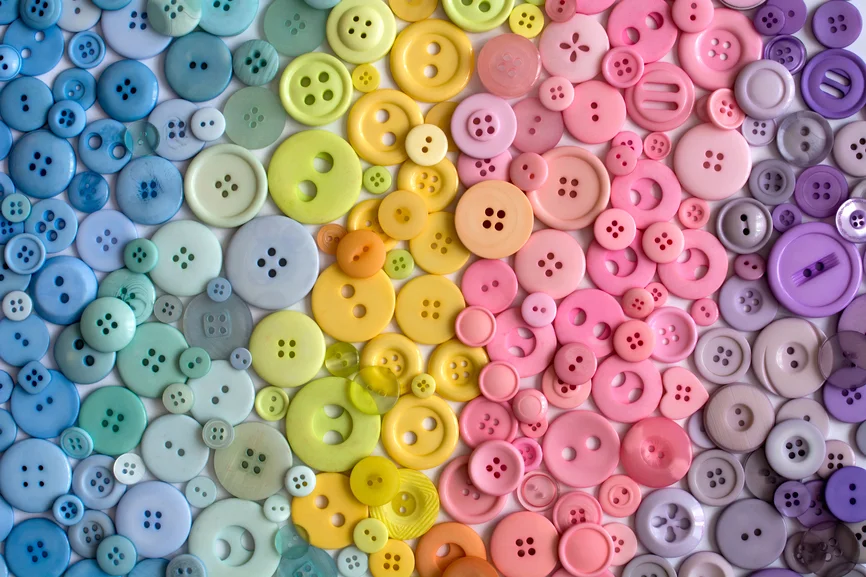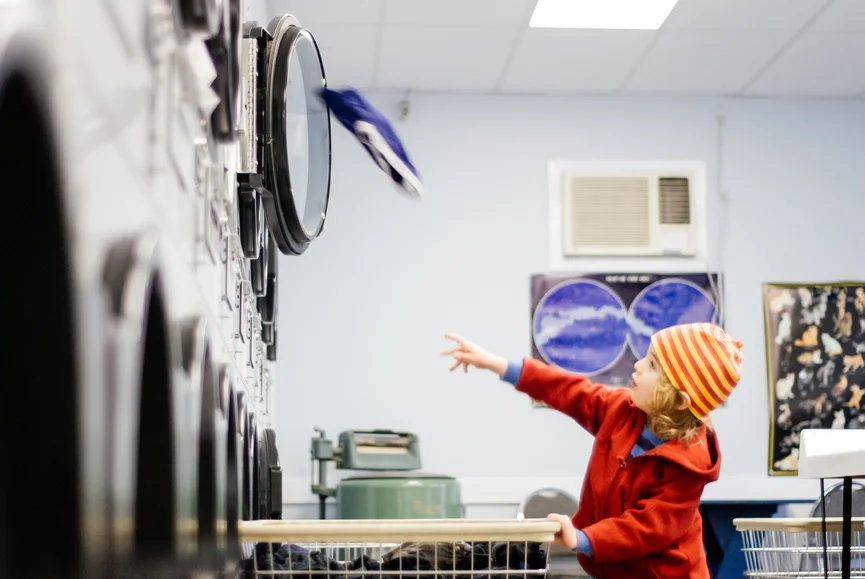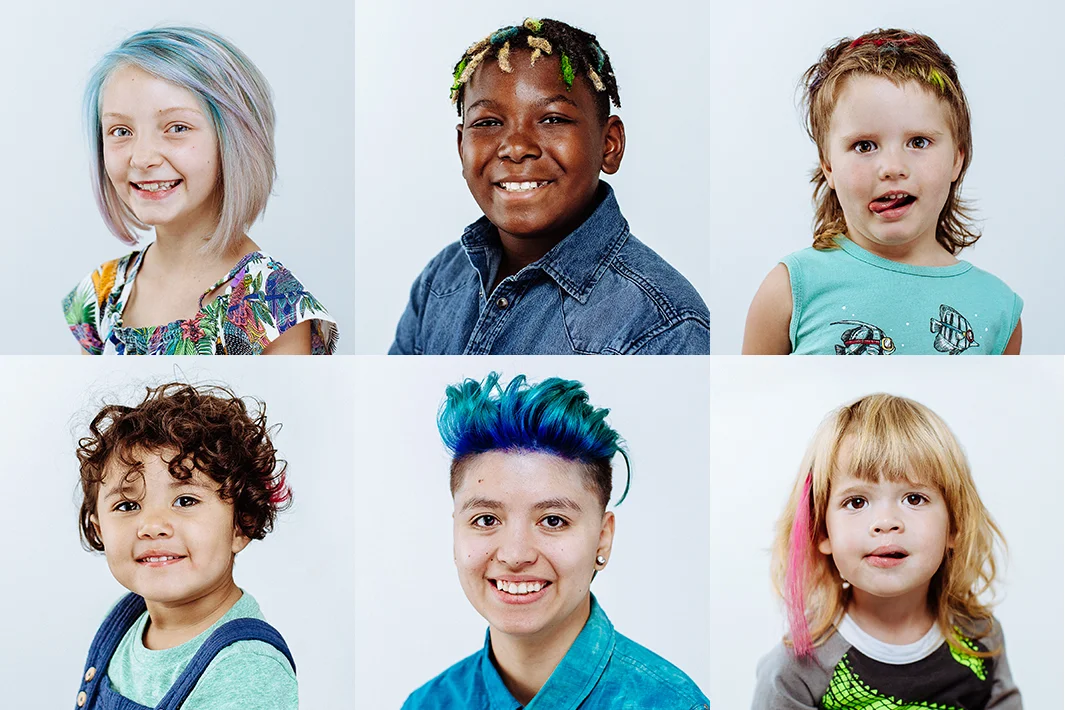Regarding Z's "Privates"
When referring to a child’s genitals, it is common to call them “privates.” Brent and I are taking this practice beyond the traditional level. We didn’t look at Z’s genitals and assign a gender based on what we saw and we don’t disclose Z’s reproductive anatomy to people who don’t need to know. We used the gender neutral pronouns they/them/their until Zoomer could tell us what pronouns fit best. We teach Zoomer about bodies, puberty, reproduction, and gender in an expansive and inclusive way; however, we don’t feel it is necessary to tell strangers whether Z has a vulva, penis, or something in between.
We have kindly asked anyone in our life who’s ever helped Zoomer go potty, given them a bath, or witnessed them joyfully run around in a backyard naked that they respect Z’s privacy and not share that information with folks who don’t need to know. We don’t treat Zoomer’s body like a secret - we changed diapers in airports and peeled off wet swimsuits at public pools. Frankly, there haven’t been any instances where I’ve thought, “Gosh! I really just want to talk about Z’s genitals right now!” By keeping Z’s privates private, we were able to avoid Zoomer experiencing an onslaught of gender stereotyping.
I’ve increasingly noticed more ultrasound snapshots of fetal genitals with arrows pointing between the legs and declaring “girl” or “boy” on my social media feeds. I couldn’t imagine posting a picture of Z’s genitals on Instagram the day they were born (or ever) as most parents probably agree, so it also didn't make sense for us to do it a couple months before their birthday. Knowing the genitals of a baby is just that, knowing the genitals. The presence or absence of testicles or ovaries doesn’t tell us anything about the child’s personality, favorite color, food preferences, sense of humor, or any of their other unique traits. What kind of reproductive anatomy a child has doesn’t determine if or who they’ll fall in love with or what they’ll choose to do or not do with their body.
If people don’t know Zoomer’s sex, they can’t default to sexist scripts. Keeping Z’s genitals private helps Zoomer be treated like the awesome little kid they are and experience a sexism-free early childhood.
Generally, when people know the sex of their baby, they assign one of two genders: penis = boy, vulva = girl. As soon as a baby is assigned a gender, people tend to treat them in specific, gendered ways. Binary gender socialization contributes to sex segregation, sex stereotypes, intersex erasure, and transphobia that result in gender disparities in childhood and adulthood. If people don’t know Zoomer’s sex, they can’t default to sexist scripts. Keeping Z’s genitals private helps Zoomer be treated like the awesome little kid they are and experience a sexism-free early childhood. By all means, it is completely possible to have stereotype-free interactions with children who have an assigned or self-proclaimed gender. I am constantly impressed by grown-ups who treat gendered kids in really gender creative ways that blow stereotypes out of the water! That is the way we hope the future continues moving.
Children of all genders (nonbinary, transgender, and cisgender) are able to articulate their gender identities between the ages of three and five. Zoomer has all the language, knowledge and autonomy to define their own gender. We simply don’t believe that is our decision to make on their behalf. By not revealing their sex, and by treating them in a gender creative way, Z will have the freedom to explore and create their own identity, outside of sexist restrictions and expectations.




![Strange[r] Encounters](https://images.squarespace-cdn.com/content/v1/5682c206a128e6493c2b9210/1473001979184-BEESRX1XI71XX6LOXV7V/Stocksy_txp0decdd98ZD8100_Small_690275.jpg)





During my research for the Sasha and Storm post, I came across an article about Storm and something written in it jumped out at me: Rolling out of the “media hoopla” that followed the Star story - people would yell “boy” or “girl” at Storm...